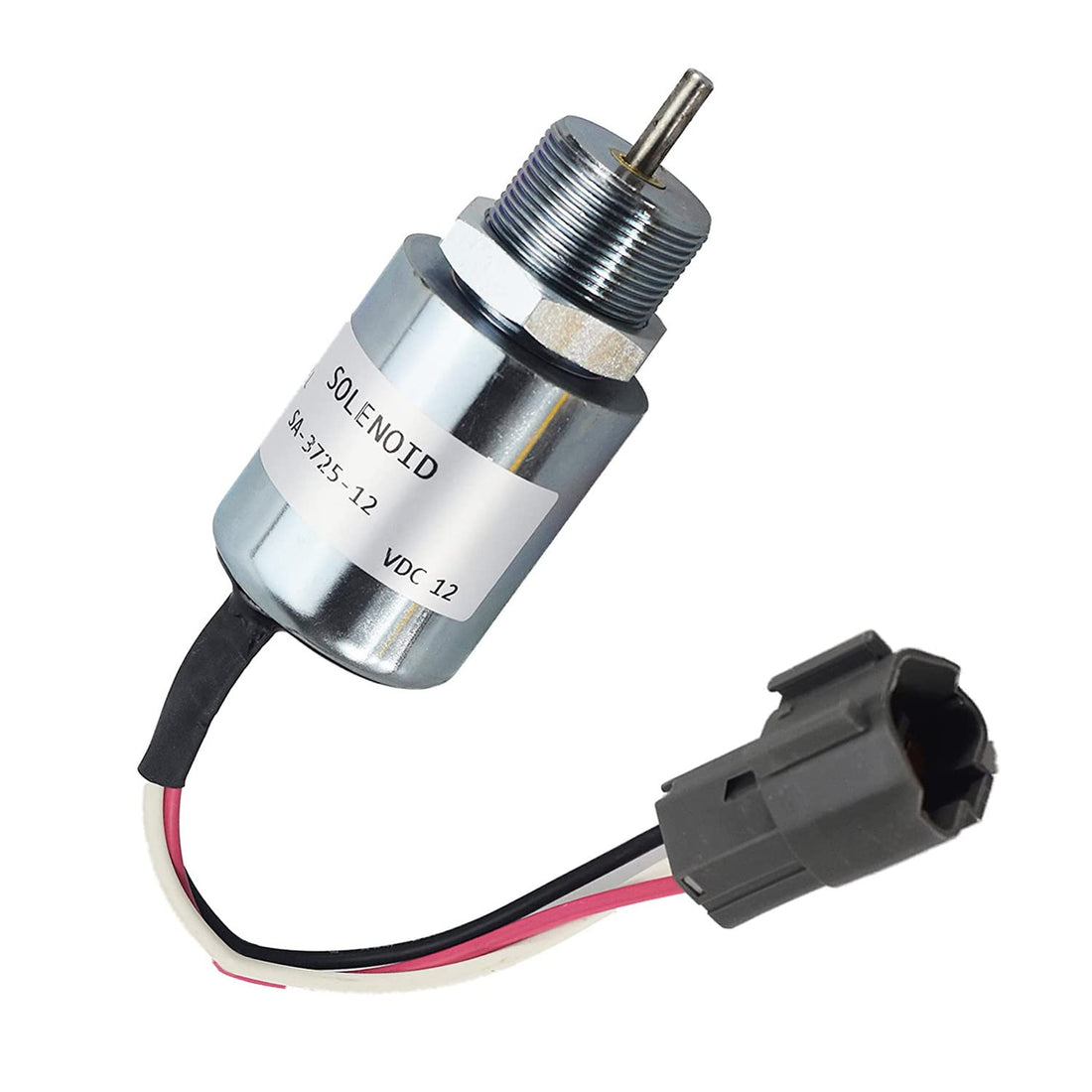Introduction: Fuel shutoff solenoids are integral components in automotive engines, responsible for controlling the flow of fuel to the engine. Despite their small size, these electromechanical devices play a critical role in ensuring proper engine operation and fuel efficiency. In this blog post, we will explore the function, importance, common issues, and maintenance of fuel shutoff solenoids.
Functionality: Fuel shutoff solenoids are typically installed in the fuel injection system of diesel engines, although they may also be found in some gasoline engines. Their primary function is to regulate the flow of fuel to the engine by controlling the opening and closing of the fuel supply line. When the engine is running, the solenoid is energized, allowing fuel to flow to the injectors. However, when the engine is turned off or in the event of an emergency shutdown, the solenoid is de-energized, cutting off the fuel supply and stopping the engine.
Importance:
- Engine Safety: Fuel shutoff solenoids serve as a safety feature, allowing for quick and effective shutdown of the engine in emergency situations, such as engine overspeed or system malfunction.
- Fuel Efficiency: By controlling the flow of fuel to the engine, solenoids help optimize fuel consumption and improve overall efficiency, contributing to reduced emissions and operating costs.
- Engine Protection: Proper functioning of fuel shutoff solenoids helps protect the engine from damage caused by fuel system malfunctions or runaway conditions.
Common Issues:
- Electrical Failure: Like any electromechanical device, fuel shutoff solenoids can experience electrical failures due to wiring issues, corrosion, or damaged connections, preventing proper operation.
- Mechanical Failure: Components within the solenoid, such as the plunger or valve, may wear out over time, leading to leaks or improper fuel flow control.
- Contamination: Dirt, debris, or fuel contaminants can accumulate inside the solenoid, affecting its performance and causing blockages or restricted fuel flow.
Maintenance:
- Regular Inspection: Routinely inspect fuel shutoff solenoids for signs of damage, corrosion, or contamination.
- Cleaning: Periodically clean the solenoid and associated components to remove any dirt or debris that may affect performance.
- Testing: Conduct electrical and functional tests on the solenoid to ensure proper operation and response.
- Replacement: Replace worn or malfunctioning fuel shutoff solenoids promptly to prevent engine damage and ensure continued reliability.
Conclusion: Fuel shutoff solenoids are essential components in automotive engines, contributing to engine safety, efficiency, and performance. Understanding their function, importance, and maintenance requirements is crucial for ensuring reliable operation and prolonging the lifespan of the engine. By implementing proper maintenance practices and addressing issues promptly, vehicle owners can maximize the efficiency and reliability of their engines while minimizing downtime and repair costs.

